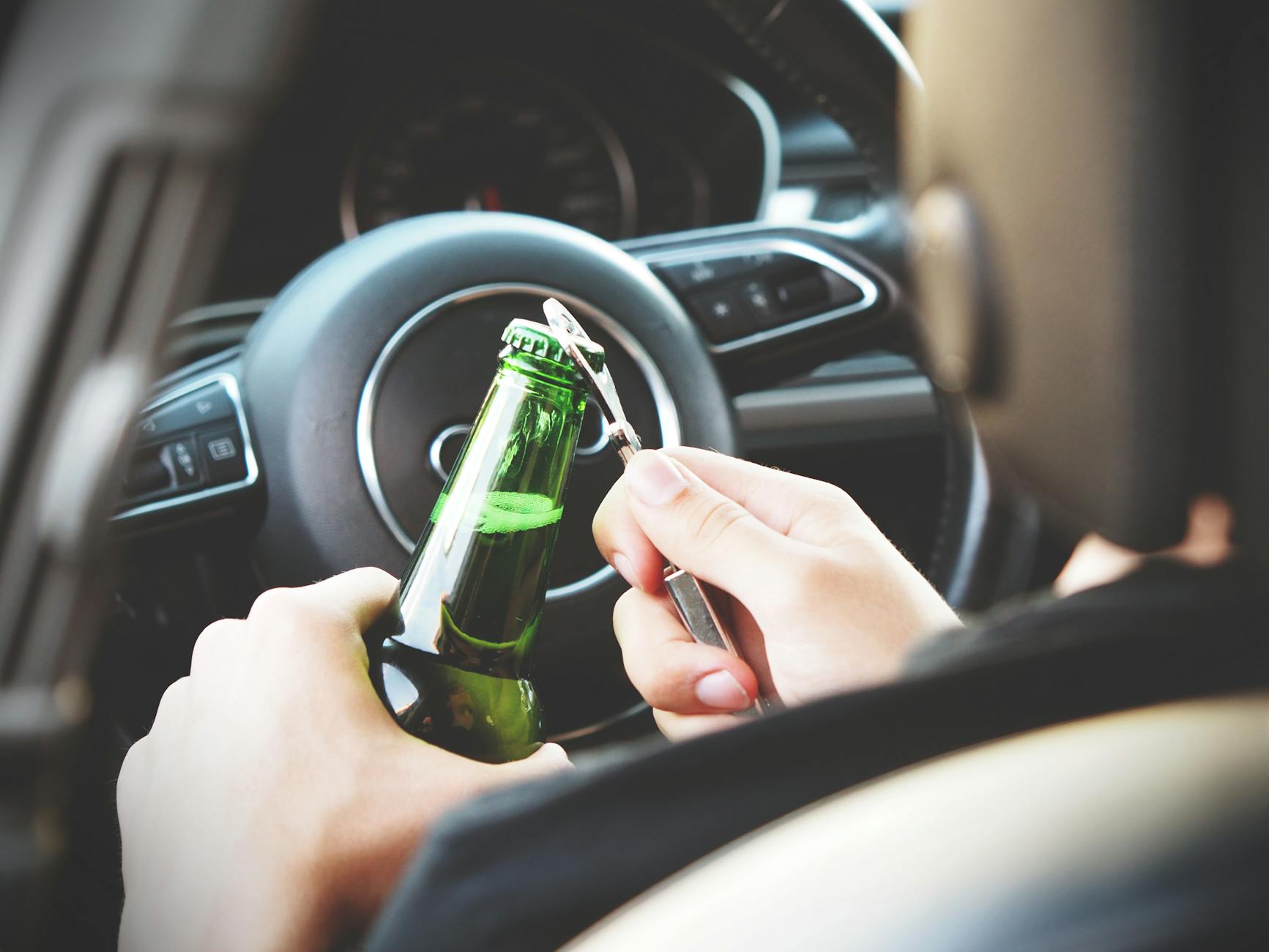Discover the fascinating science behind alcohol intoxication and learn just how many beers it really takes to get tipsy.
Table of Contents
Have you ever found yourself pondering the age-old question, “How many beers does it take to get drunk?” It’s a common query that many individuals have sought to answer. In this blog post, we will dive deep into the science behind intoxication levels, exploring factors such as alcohol metabolism, individual tolerance levels, and various influences on how quickly one can reach a state of inebriation.
Understanding Alcohol Metabolism
alcohol metabolism is a complex process that occurs in the body after consuming alcoholic beverages. When you drink alcohol, it is absorbed into your bloodstream through the stomach and small intestine. From there, it travels to the liver, where enzymes like alcohol dehydrogenase and acetaldehyde dehydrogenase work to break down the alcohol into substances that can be eliminated from the body.
Factors such as genetics, liver health, and the presence of certain medications can influence how quickly your body metabolizes alcohol. For example, individuals with a genetic variation that affects alcohol dehydrogenase activity may experience slower alcohol metabolism rates, leading to increased intoxication levels after consuming even a small amount of alcohol.
Individual Tolerance Levels
It’s important to recognize that everyone’s tolerance to alcohol is unique and can be influenced by a variety of factors. Body weight, gender, age, and overall health can all play a role in how quickly you may feel the effects of alcohol. Generally, individuals with a higher body weight tend to have a higher tolerance to alcohol, as there is more tissue for the alcohol to distribute throughout.
Another key factor in determining individual tolerance levels is genetics. Some individuals may have genetic variations that make them more sensitive to the effects of alcohol, while others may possess genetic traits that allow them to consume larger quantities before feeling intoxicated. It’s essential to understand your own limits and pay attention to how alcohol affects you personally.
Factors Influencing Intoxication
There are several factors that can influence how quickly you become intoxicated after consuming alcohol. One crucial element to consider is food consumption. Eating a meal before drinking can slow down the rate at which alcohol is absorbed into the bloodstream, potentially reducing the likelihood of feeling drunk quickly.
Additionally, the alcohol content of the beverages you consume can impact your intoxication levels. Beverages with higher alcohol percentages will lead to faster intoxication than those with lower alcohol content. It’s essential to be mindful of the strength of the drinks you are consuming and pace yourself accordingly.
Remember that responsible drinking habits can help minimize the risk of overconsumption and its associated consequences. Always drink in moderation, stay hydrated, and be aware of how alcohol affects your body. It’s important to prioritize your safety and well-being when consuming alcoholic beverages.
In conclusion, the question of how many beers it takes to get drunk is a multifaceted one that cannot be answered definitively for everyone. Alcohol metabolism, individual tolerance levels, and various influences on intoxication play a role in determining how quickly you may feel the effects of alcohol. By understanding these factors and practicing responsible drinking habits, you can enjoy alcohol in a safe and mindful manner.
Frequently Asked Questions
How many beers does it take to get drunk?
The number of beers needed to get drunk varies for each individual based on factors like weight, genetics, and tolerance levels.
What influences how quickly someone gets intoxicated?
Alcohol metabolism, body weight, genetics, and the presence of food in the stomach can impact how rapidly someone becomes intoxicated after consuming alcohol.
Can drinking water help sober up?
Drinking water can help hydrate the body, but it does not speed up the alcohol metabolism process. Time is the only sure way to sober up.
Is it safe to try to “keep up” with others drinking alcohol?
No, it is not safe to try to match others’ drinking pace. Each person’s tolerance levels and metabolism are different, and it’s important to know your limits and drink responsibly.
Generated by Texta.ai Blog Automation


Leave a Reply